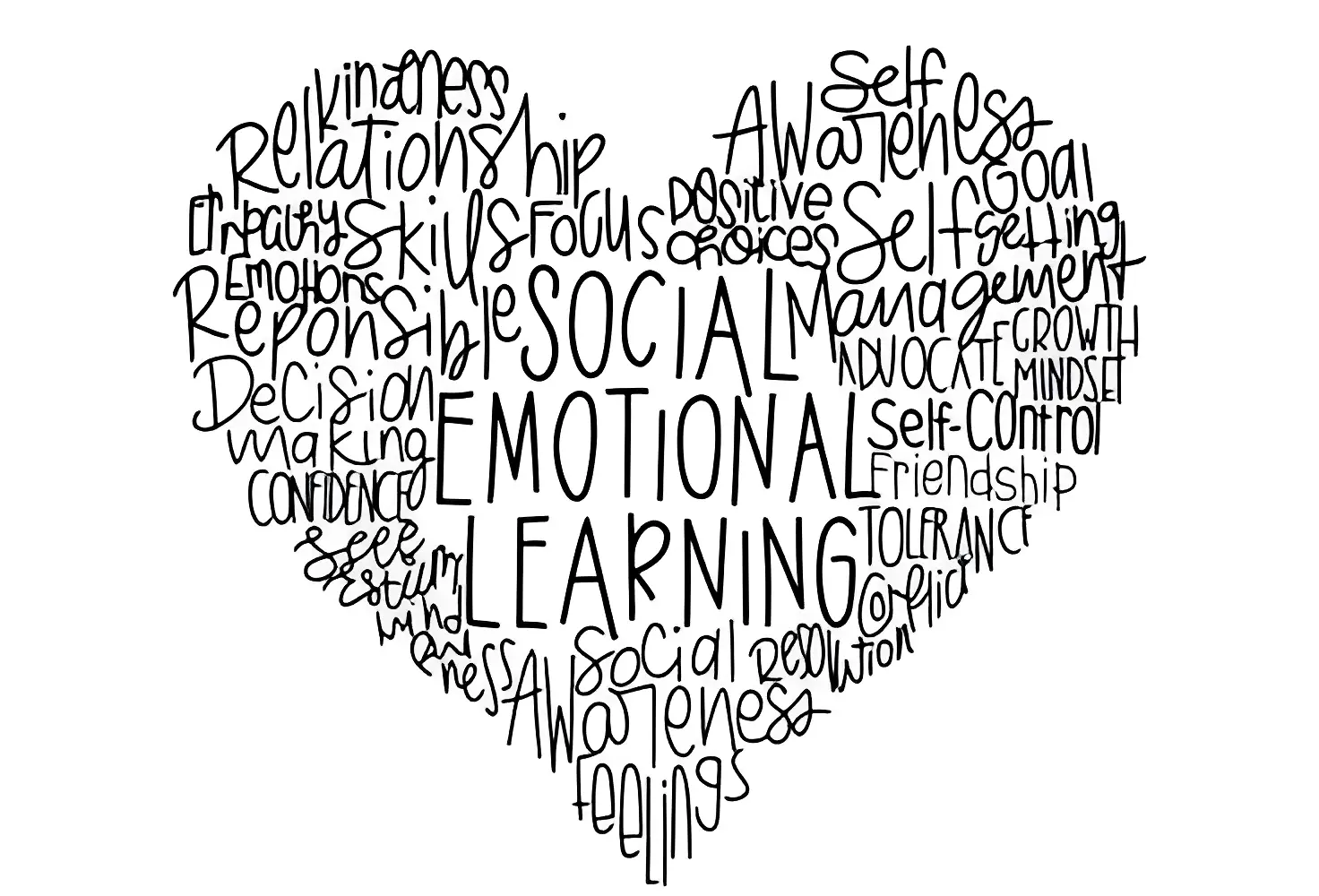
What is SEL
Self-Awareness: Recognizing the Essence Within
SEL begins with self-awareness—an exploration of one's emotions, strengths, and areas for growth. Imagine the power of truly understanding the intricacies of your own emotional landscape. This self-awareness becomes a compass guiding you through life's highs and lows.
Example: Acknowledging moments of frustration as opportunities for growth and self-discovery.
Self-Regulation: Mastering the Symphony of Emotions
The ability to manage emotions, control impulses, and maintain focus is at the heart of self-regulation. Think of it as conducting a symphony of emotions where you are the maestro, orchestrating harmony even in the face of challenges.
Example: Taking a deep breath before responding in a stressful situation.
Social Awareness: Building Bridges of Empathy
SEL encourages the cultivation of empathy, the cornerstone of social awareness. It's about understanding others' perspectives, acknowledging diverse experiences, and fostering a sense of shared humanity.
Example: Stepping into someone else's shoes to appreciate their feelings and challenges.
Responsible Decision-Making: Guiding the Way Ethically
SEL guides individuals in making thoughtful and ethical choices across various situations. It instills a sense of responsibility that extends beyond personal gain, contributing to a more just and compassionate society.
Example: Weighing the ethical implications before making decisions that impact oneself and others.
Communication Skills in SEL: Crafting Connections Beyond Words
In the world of SEL, communication skills transcend mere words; they become a thoughtful interplay of both verbal and non-verbal expressions. SEL underscores the importance of not just what is said but how it's communicated — the tone, body language, and gestures that convey authenticity and empathy.
Example: Expressing thoughts with clarity goes beyond verbal articulation; it involves non-verbal cues that enhance understanding. Active listening, a key SEL skill, encompasses not just hearing words but also interpreting the emotions conveyed through facial expressions and body language.

